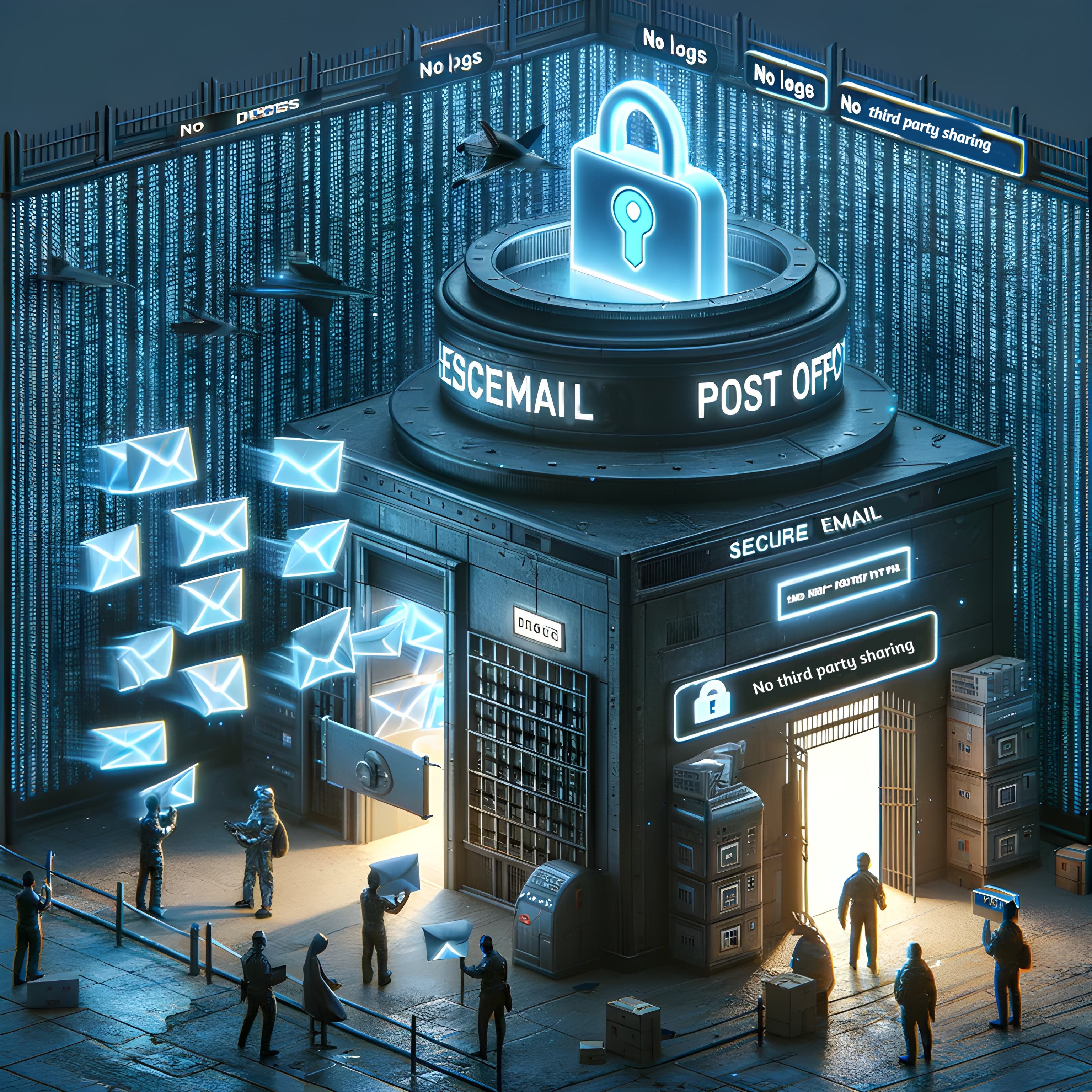Secure Email Providers
Secure email providers like ProtonMail and Tutanota offer end-to-end encryption for email communications, providing a higher level of privacy and security than traditional email services.
With end-to-end encryption, emails are encrypted on the sender's device before they're sent, and can only be decrypted by the recipient's device. This means that even if the emails are intercepted in transit, or if the email service's servers are hacked, the contents of the emails can't be read without the decryption key.
Here's how it usually works: when you compose an email, the email client on your device encrypts the email using the recipient's public key (which is openly available). The encrypted email is then sent to the email service's server. The server stores the encrypted email, but doesn't have the ability to decrypt it. When the recipient logs in to their account, their email client downloads the encrypted email and decrypts it using their private key (which is kept secret).
Some secure email providers go even further in protecting user privacy. For example, ProtonMail offers zero-access encryption, meaning that even they can't decrypt and read the contents of your emails. They also offer zero-knowledge authentication, where they don't store your password or any information that could be used to decrypt your emails.
Using a secure email provider can be especially important for sensitive communications, such as discussions of confidential business matters, personal health information, or communication with a lawyer. It provides an additional layer of protection against data breaches and surveillance.
Metaphorical Example
Secure email providers are like a high-security post office for your digital communications. When you send a letter (email) through this post office, it is automatically placed in a sealed, tamper-proof envelope (end-to-end encryption) before it leaves your mailbox. Only the intended recipient has the special key to open the envelope and read its contents. Even if someone intercepts the letter during transit, they won't be able to open the envelope and read your message. Additionally, the post office itself (the email provider) cannot peek inside the envelopes, ensuring that your communications remain private. Moreover, this high-security post office has strict privacy policies and does not keep logs of your mailing activities or share your information with third parties, unlike some regular post offices (traditional email providers) that may keep records of your correspondence and use them for advertising or other purposes.
Generated using Claude Opus 3.0
Visual Example

Generated using DALL-E 3
This image visualizes a secure email provider as a futuristic, fortified post office, where emails are treated with the utmost confidentiality and security. Upon entering, users' emails are encrypted into sealed, tamper-proof envelopes, ensuring that only the intended recipient can access the message's contents. Despite the post office's possession of these messages, it's depicted as unable to peek inside, emphasizing the privacy offered. Shadowy figures trying to intercept or access the messages are thwarted by digital barriers, illustrating the strong protections against unauthorized access. The message of "No Logs, No Third-Party Sharing" on a nearby billboard reinforces the provider's commitment to user privacy and security, drawing a stark contrast to traditional email services.